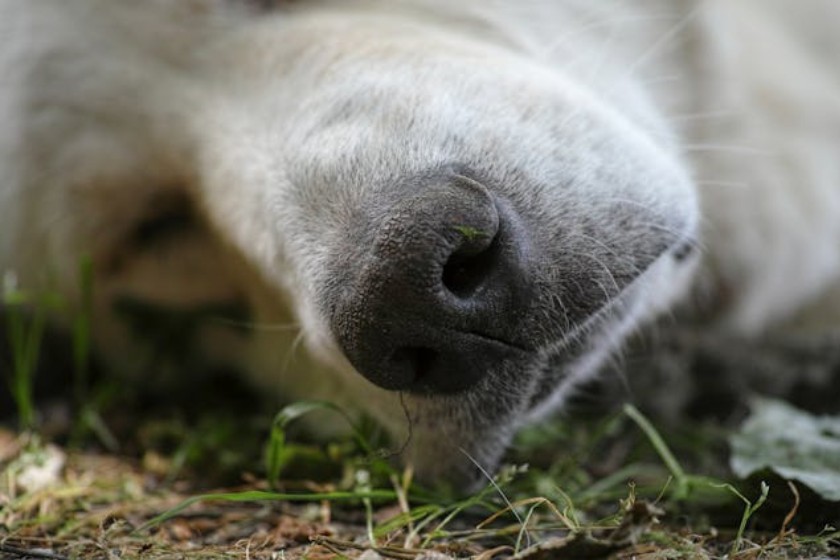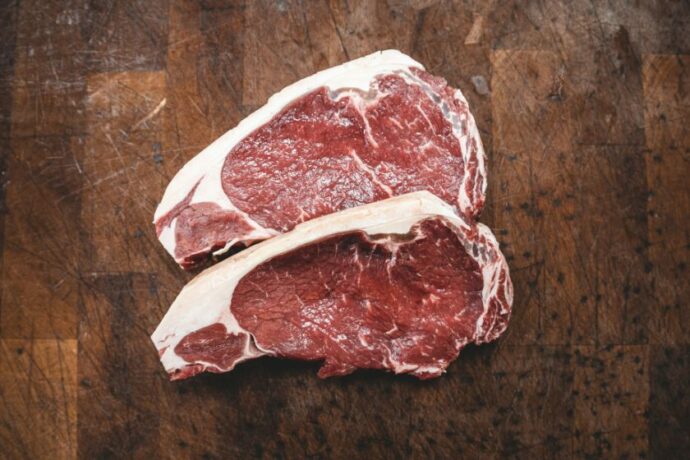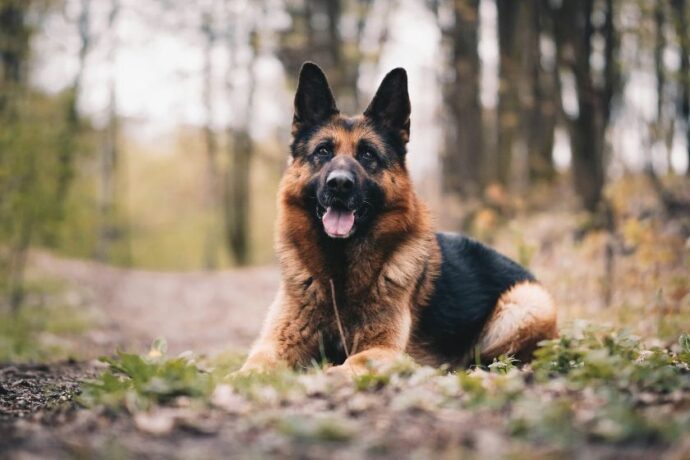
Is your dog having skin issues, losing hair, or showing signs of digestive problems? These may be signs that they’re allergic to their food.
Much like humans, some dogs can have unpleasant reactions to foods that many other dogs can eat without problems. If this is the case for your dog, it’s important to identify the allergy and adjust their diet accordingly.
Identifying a food allergy in your pup can be tricky, but learning about some of the common food allergies for dogs is a great place to start. Take a closer look at how food allergies can affect your dog, along with some of the most common dog food allergies you should be on the lookout for.
Signs That Your Dog Has a Food Allergy
Whether you are concerned about Golden Retriever food allergies, Labrador food allergies, or toy breed allergies, it’s important to keep in mind that food allergies can affect all dog breeds.
Keep an eye out for the following signs that your dog may be allergic to something in their food:
- Vomiting
- Loose stools or diarrhea
- Excessive scratching
- Biting and licking themselves
- Oily skin
- Blotchy or scaly skin
- Eye discharge
- Hair loss
- Swelling in the face
- Recurring ear or paw infections
- Lethargy
- Reduced appetite
- Restlessness
- Weight loss
Food allergies in dogs present themselves differently than they tend to in humans. Hives and swelling are typical allergic reactions for humans, and while these reactions can happen to dogs, too, your pup is more likely to react with digestive issues, as well as itchiness in their ears, paws, bellies, and rear ends.
If you notice any of these symptoms in your pet, make sure to reach out to your veterinarian to work out an accurate diagnosis.
Can Dogs Suddenly Develop Food Allergies?
If you haven’t changed your dog’s food and yet they begin exhibiting symptoms of a food allergy, you might be quick to start looking for an alternative diagnosis. But can a dog suddenly become allergic to his food?
Just like humans, dogs can develop an allergy to something they were once easily able to digest. Initially, they may not show any puppy food allergy symptoms at all, only to begin to react differently to the same ingredients months later. Your dog can even develop an allergy to a certain food several years later.
5 Common Dog Food Allergies
If you believe that your dog is likely reacting to the food you’re giving them, your next step is to try to determine which of the ingredients is causing the reaction. Take a look at this common dog allergies food list to start:
1. Beef
There are many dog foods that feature beef as the main ingredient, and while most dogs will happily and comfortably eat these foods every day, there are many others who are allergic to them.
It’s not completely clear why beef is among the most common allergens for dogs. It may be due to some sort of canine biological reason, or simply because it’s a very popular ingredient. But the fact still stands that when your dog is reacting badly to their food, beef should be a primary suspect.
2. Chicken
Much like beef, chicken can be found in many foods that are generally very healthy for the average dog, yet it remains a common allergen as well.
Fortunately, it can be easier to remove reaction-causing proteins from your dog’s food compared to other allergens. This is because many dog foods are made with one primary protein source. While ingredients like wheat can be found in a range of different dog foods, you usually won’t find both chicken and beef in the same food.
3. Lamb
Some dog owners turn to lamb when they find their puppy has an allergy to both chicken and beef, only to discover that they also have an allergy to this protein. This allergy is not as common as the other two, so it’s usually a safe alternative.
But there are other options available that are even less likely to provoke an allergic reaction if you find that your dog cannot tolerate lamb either.
4. Dairy
Typically, an adverse reaction to dairy products is categorized as an intolerance rather than an allergy. However, the two are functionally the same in many ways, and true dairy allergies do exist.
Lactose intolerance will often present itself through digestive issues like vomiting, diarrhea, and gas, and an allergy might come with those symptoms, as well as skin issues.
5. Wheat
You may have noticed that there are a lot of dog food brands out there that offer a grain-free recipe. This is not because grains are bad for dogs; in fact, they’re a key aspect of a healthy dog diet.
Instead, it’s because these foods are designed for pet owners whose dogs have a wheat allergy. While proteins are the source of many reactions, that’s certainly not always the case.
Other Allergy Considerations
There are a few other reasons why your dog might be having an allergic reaction, including the following:
Dog Allergy to Shellfish
It may be less common than with other proteins, but there is such a thing as shellfish allergy in dogs. If you’ve eliminated beef, chicken, and lamb from the list of potential perpetrators, you may want to look seaward.
Seasonal Allergies
Dogs can have the same seasonal allergies as humans. Just as humans can react to pollen, mold, and dander in the air, so can your pup. If you’ve eliminated all the potential food culprits you can think of, but your dog is still experiencing allergy symptoms, you may be dealing with seasonal dog allergies.
Your vet can recommend the best dog food for seasonal allergies for your pet, along with any other treatments or medications.
Changing Your Dog’s Diet for the Better
It can be stressful trying to get to the bottom of your dog’s food allergy issues, but considering the most common sources of dog food allergies can go a long way in your search. As always, work with your vet throughout this process, and best of luck to you and your pup!



